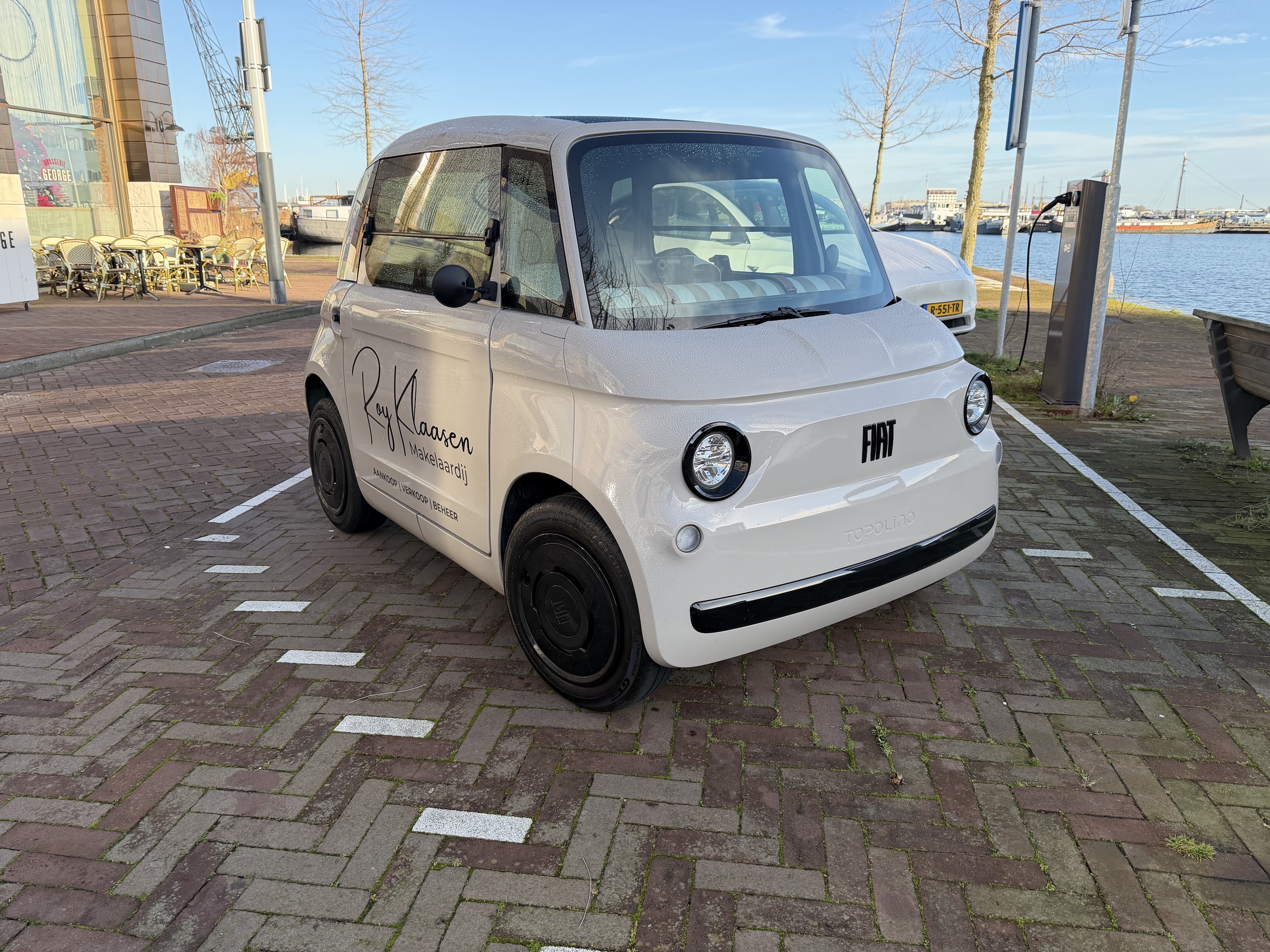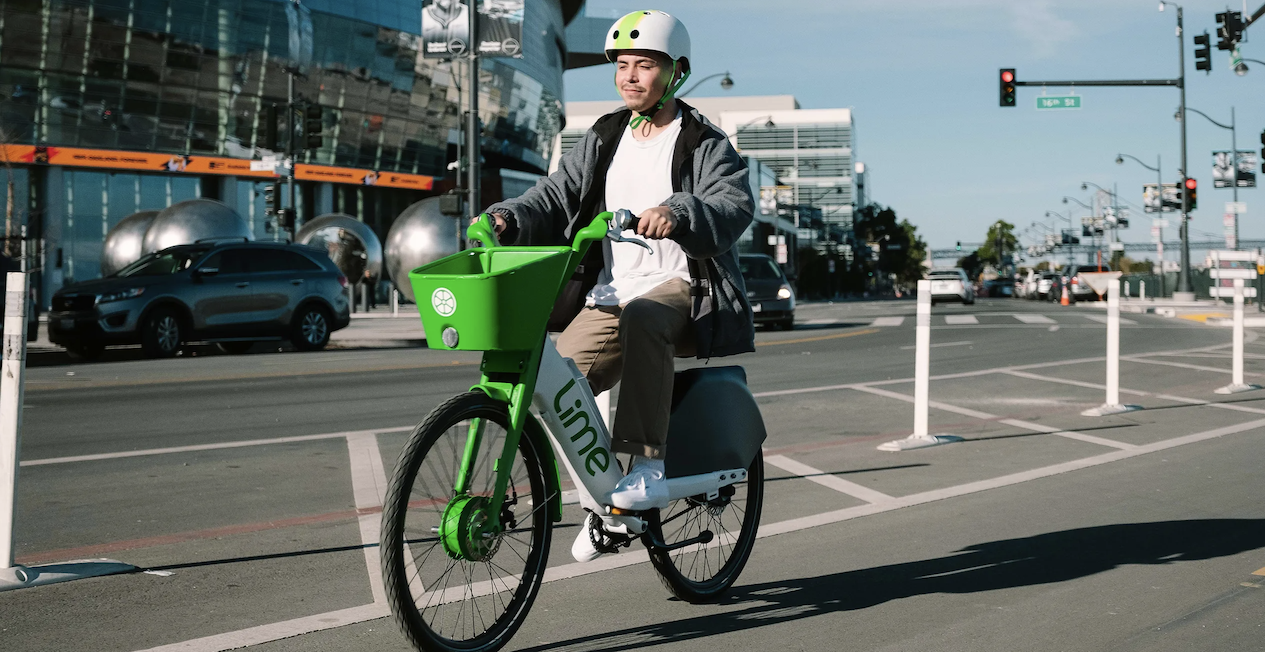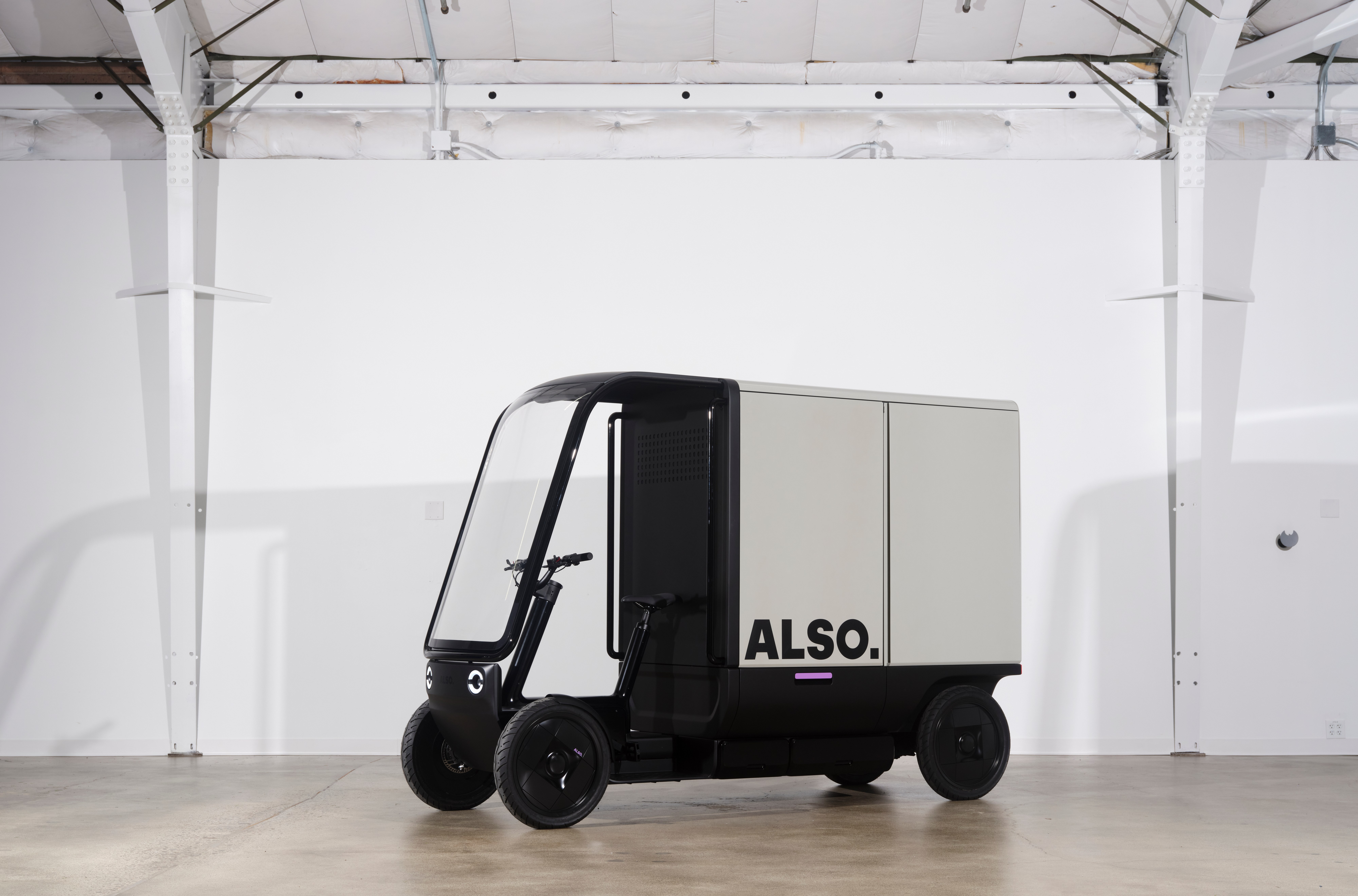This article was originally published by Michele Kyrouz, lawyer, host of the Smarter Cars podcast, and executive director of the Micromobility Association.
Here in California we are early adopters of new technology—and guinea pigs for new ideas. We don’t blink an eye when an autonomous vehicle or one-wheeled scooter-thingy rolls down the street. And most of the time we’re okay with technology companies gathering our data so we can have all the conveniences we love—a ride on demand, anything we want delivered, or recommended movies to watch—as they long as they don’t move too fast and break things. But we don’t feel the same about government.
In the age of Trump and ICE run amok, liberals and libertarians alike are concerned about access to our data by government actors. And the idea of a government agency tracking our location and movement around a city is particularly disturbing.
Yet one government agency—the Los Angeles Department of Transportation (LADOT)—has been tracking citizen movement in an unprecedented way right under our noses, all in the name of regulating electric scooters. Californians need to fully understand the scope of this surveillance now and its planned expansion in the future.
LADOT requires any company that provides mobility services to obtain a permit to operate, and uses its permit power to require every operator to comply with data sharing requirements using a new data tool it created called MDS—Mobility Data Specification. The idea behind MDS was to give cities data they would need about scooter and bike operations in order to plan protected bike lanes, set up scooter parking, make sure all neighborhoods are served equitably, and monitor the numbers of scooters and bikes deployed.
The MDS standard can be a helpful tool for companies to provide data to cities in a standardized format. And most of the data collected using the MDS standard is not objectionable when reported on an aggregated basis—combining together data points from different users by neighborhood or other category. Because the aggregated data does not show individual travel behavior or convey a user’s location in real time, it avoids violating individual privacy rights. Most cities in California, including our capital of Sacramento, choose to sensibly regulate micromobility services using this type of aggregated data.
But what started as a tool for cities to learn more about scooter and bike usage for transportation planning purposes has morphed into a surveillance system. Now LADOT is requiring companies to report additional data through MDS that amounts to location tracking. LADOT requires location data for each and every individual trip that occurs on shared electric scooters and bikes—including the address where the trip begins and the address where it ends, which must be provided in real time, within 5 seconds. Moreover, the actual route the rider took between the trip’s start and stop points must be reported within 24 hours. This data reveals an individual’s location and travel habits, such as where she lives, works, worships, goes to school, or visits the doctor.
While the rider’s name is not connected to each trip, studies have shown that, even when data is anonymized or de-identified, a person’s identity can be fairly easily ascertained from just a few location data points, especially when combined with publicly available information. LADOT refuses to acknowledge what nearly every expert agrees, that location data from individual trips is personal data, even when the rider’s name is not attached.
If you don’t ride a scooter and think this privacy issue affects just a narrow group of millennials in LA, think again. This surveillance of travel behavior isn’t going to be limited to scooter trips. LADOT wants to collect this data for all transportation trips—whether in Uber or Lyft cars, autonomous ride services, drones, or whatever other devices are invented next. And maybe for personal car trips too, if they can get it. Moreover, other cities are using MDS and may adopt LADOT’s practices in the future if they are not stopped.
While LADOT tries to mask this privacy concern in the larger issue of the need for cities to regulate scooters and other vehicles, they are entirely separate points. Cities do not need individual trip data or real-time reporting to plan infrastructure and parking, to monitor the number of scooters deployed, to ensure every neighborhood is served, or for any other transportation planning. The data collected through MDS in aggregate form is sufficient for these needs.
The only reason offered by LADOT for needing real-time, individual trip data is to serve an audit or verification function. LADOT says it needs this data to make sure companies are providing accurate data when aggregated and are not cheating. But such auditing is not a valid justification for real-time surveillance and privacy violations. Any audit function for data can be accomplished in much less intrusive ways, and does not warrant the violation of privacy rights owed to all Californians under the state constitution. The bar for invading such privacy should be extremely high.
Policymaking often requires a balancing of interests—such as security versus privacy in airport screening. Here, in the case of individual trip data, the balance clearly tips toward protecting privacy, since real-time trip surveillance is entirely unnecessary for the transportation planning purpose that was the impetus for MDS in the first place. LADOT should use its permit power to regulate for the public good—not to violate the public’s right to privacy.
Companies are forced to turn over this data to LADOT or risk losing their permits to operate in the city. Currently only one company, Uber, is fighting against this privacy intrusion in Los Angeles. Uber’s scooter operations are not its main source of revenue, so it makes sense that Uber would carry the torch for this particular cause. After refusing to provide LADOT with the required individual trip data for its micromobility operations, Uber’s permit to operate in the city was terminated. (Uber is appealing this result.)
Journalists and privacy advocates have been flagging concerns about privacy in LA for the last year as LADOT’s practices unfolded. But many Californians still have not grasped the implications for the future. This week, a joint committee of the California Senate held a hearing on the issue. And privacy advocates like the Electronic Frontier Foundation and ACLU testified about how easy it is to re-identify scooter trips into personal identities and the dangers of allowing the government to obtain this surveillance data. The Legislative Counsel for the California Senate even opined that LADOT’s data collection violates California law.
Despite these headwinds, LADOT continues to defend its data collection and minimize privacy concerns. The legality of its efforts may be decided in litigation with Uber, or may be determined via legislative action. As evidenced in the hearing in the California Senate this week, there are serious concerns among policymakers and privacy advocates about data collection in Los Angeles. It seems likely that California legislators will step in to clarify what data cities can and cannot collect and restore the balance of power to prevent city officials from holding permits hostage to overreaching demands.
Either way, it is not in the best interests of Los Angeles or its people to fight this battle. LADOT should modify its data requirements to eliminate the two elements in MDS that turn it from a policy tool to a surveillance tracker: individual trip data and real-time reporting. This is an easy fix and preserves the rest of the MDS system, which provides helpful tools for cities to manage scooter deployments.
Years ago, Uber and Lyft sought and obtained statewide regulation of their ride-sharing business in order to avoid a patchwork of onerous city regulations. City regulators have fought hard to avoid the same result with micromobility services. Yet ironically, by insisting on individual trip data and real-time reporting here, LADOT invites a similar result, and frankly, illustrates why some level of state regulation may be needed.
For more in-depth analysis, join us at Micromobility America in the Bay Area on April 22-23, featuring “Data and Privacy for Micromobility,” a roundtable discussion on the future of MDS, privacy rights, and data collection, at 11:15AM on April 23.

.svg)
%2Bcopy.jpeg)


.svg)



.png)








